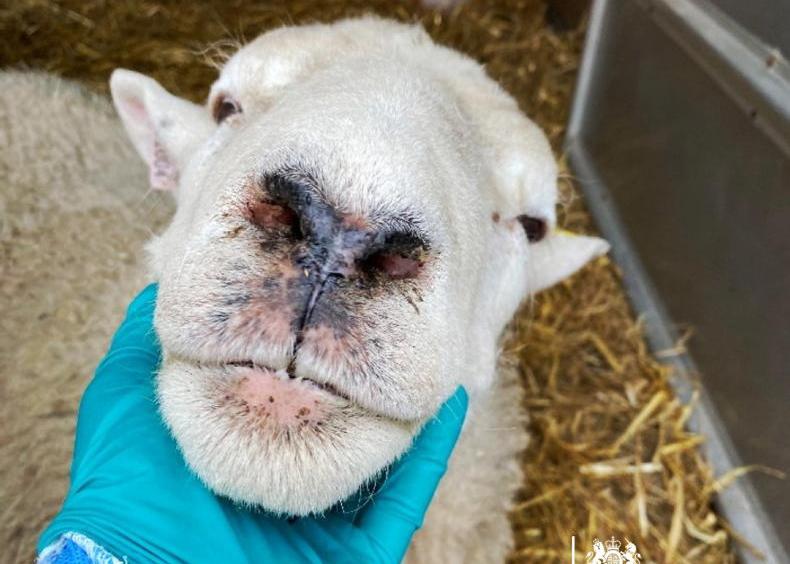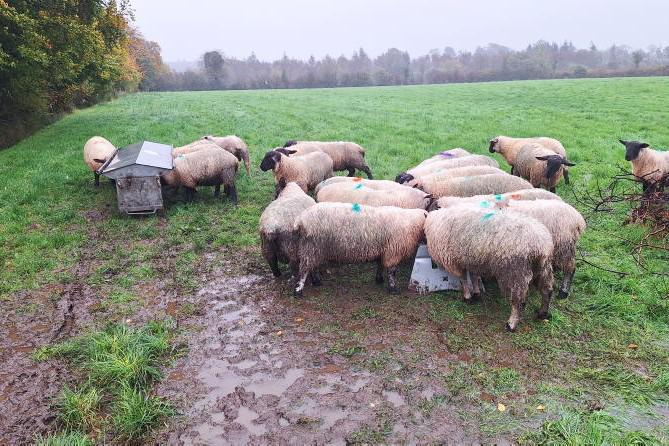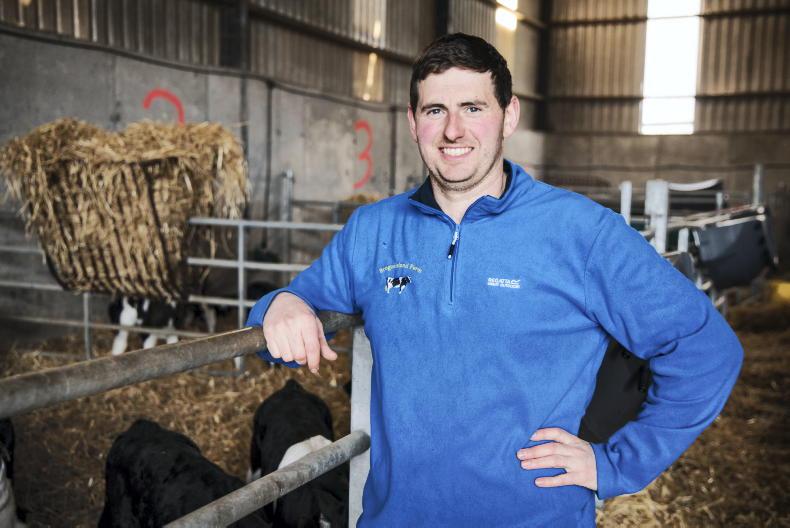Spectam Scour Halt: Supplies of Spectam Scour Halt will be significantly limited for this season for Irish and UK farmers and most likely be unavailable thereafter.
The product’s manufacturer, Ceva Animal Health, has delisted the spectinomycin-based oral antibiotic.
Supply issues have been confirmed by Interchem, which distributes the product in the Irish market.
The product is targeted at preventing bacterial neonatal disease (eg watery mouth disease or E coli scour) in lambs which are at risk of colostrum deprivation.
Ensuring lambs get a sufficient quantity of high-quality ewe colostrum swiftly after birth is the optimum defence against watery mouth along with ensuring lambs are born into a hygienic environment.
It had been expected that there would be greater restrictions introduced at some stage curtailing the use of oral antibiotics in newborn lambs and pigs but not as soon as this season.
Some farmers had rightly switched from routine treatment to only treating high-risk lambs such as triplet and quad born lambs with less access to a plentiful supply of ewe colostrum, weak lambs or lambs born to ewes with colostrum supply issues.
Farmers who have a limited supply of product and a history of issues could take this approach to help wean themselves off its use and to conserve remaining supplies.
Where issues emerge that threaten animal welfare then there are a few alternative antimicrobials veterinary practitioners can prescribe, but this will be confined to lambs facing a high risk of illness.
There are also a number of products based on natural supplements that claim to enhance the development of beneficial bacteria to strengthen gut immunity or provide lambs with an energy boost that can enable them to enhance colostrum uptake. Interchem says it is working on an alternative licensed product for the 2023 season.
Clean livestock policy: The recent inclement weather has made it challenging to draft lambs fed outdoors in wet underfoot conditions and congregating around creep feeders or troughs.
While in some situations shearing a couple of blows on the underside of lambs will be sufficient to address issues with fleece soiling, greater attention and more extensive shearing will be needed in lambs with longer wool.
This is as two runs of a shears or clippers along the underside of the lamb will not be sufficient to prevent soiled wool from falling back in over cut lines. In such cases lambs with heavy fleece soiling may need to be partially or fully shorn. When shearing the underside of lambs, clip from under the lamb’s jaw right through to the tail head as opposed to only clipping the belly region. If in doubt, talk to your procurement manager or agent.
There is little rainfall forecast over the next week so this should hopefully provide some respite.
Ewe condition: Sheep scanning contractors report that ewes are typically in good condition, with litter sizes positive in the main and compared to last year.
Some contractors’ comment however that in cases ewes are starting to show the effects of a difficult few weeks’ weather. Safeguarding ewe condition is even more important this year given the high cost of concentrates and fertiliser, with ewe body reserves much more valuable to utilise next spring.
Grass reserves have depleted faster than anticipated on lowly stocked farms that would normally carry ewes until late January without feeding. Introducing supplementary feeding should not be delayed and ewe condition should also be monitored regularly to ensure feeding programmes are sufficient.










SHARING OPTIONS